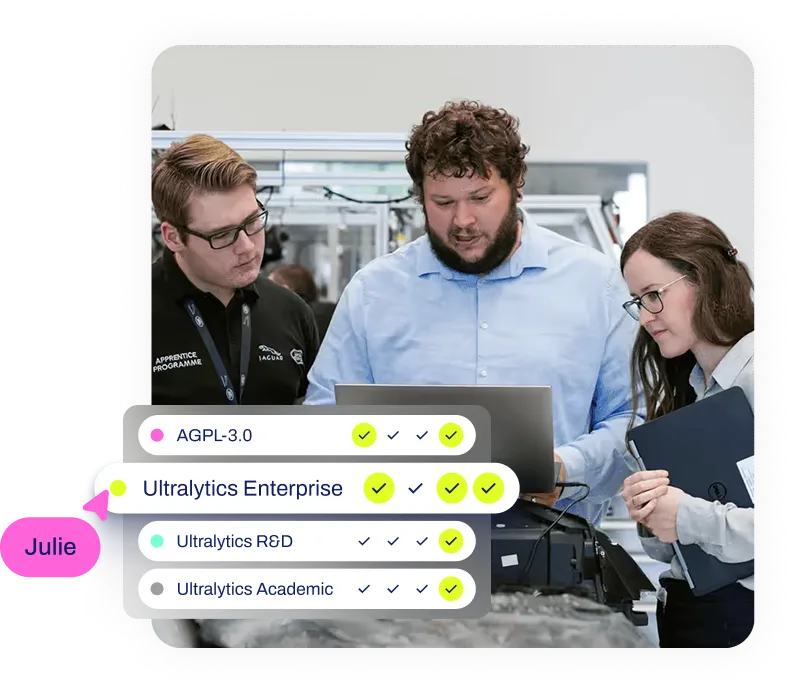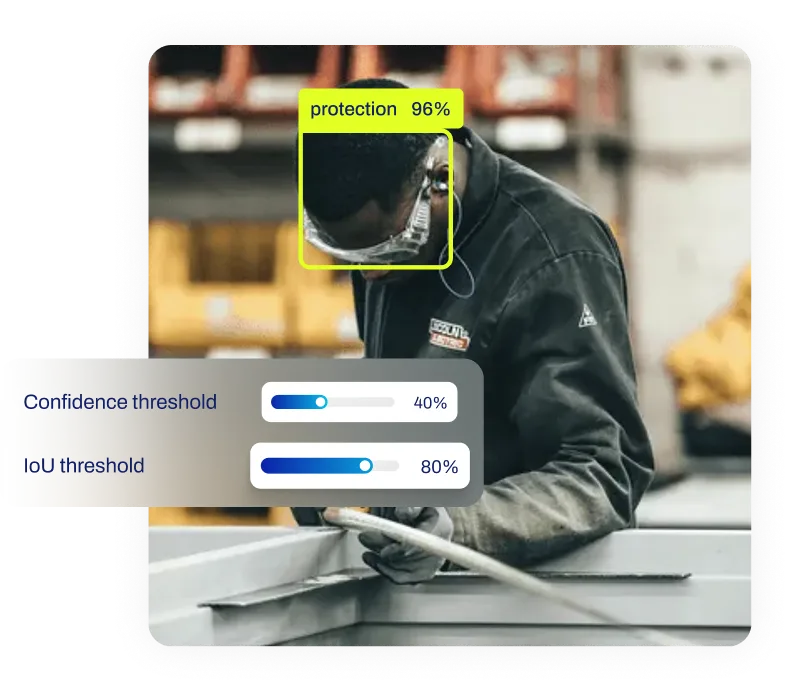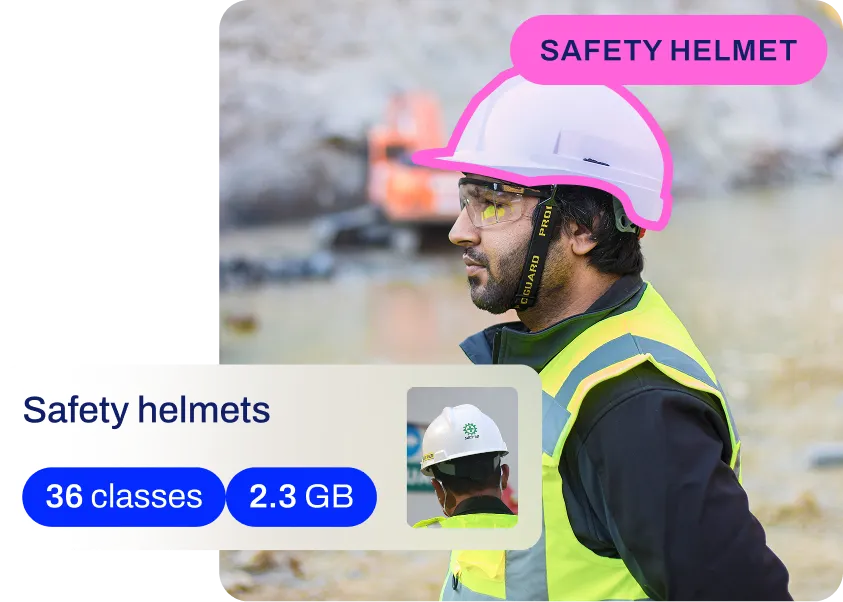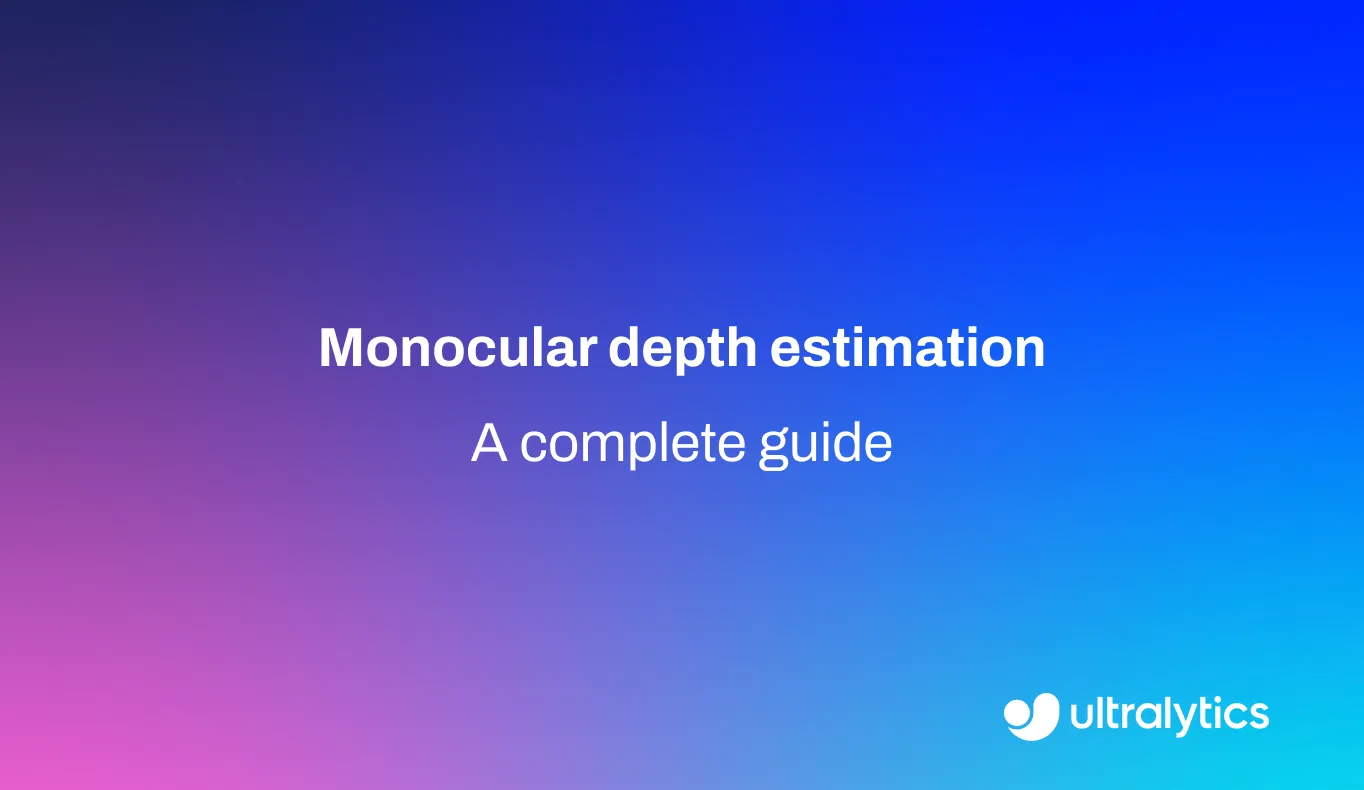Image Segmentation
Explore image segmentation in computer vision. Learn how Ultralytics YOLO26 provides precise pixel-level masks for instance, semantic, and panoptic segmentation.
Image segmentation is a sophisticated technique in
computer vision (CV) that involves partitioning
a digital image into multiple subgroups of pixels, often referred to as image segments or regions. Unlike standard
image classification, which assigns a single
label to an entire image, segmentation analyzes visual data at a much more granular level by assigning a specific
class label to every individual pixel. This process creates a precise pixel-level map, allowing
artificial intelligence (AI) models to
understand not just what objects are present, but exactly where they are located and what their specific boundaries
are.
The Mechanics of Pixel-Level Analysis
To achieve this high-fidelity understanding, segmentation models typically leverage
deep learning (DL) architectures, particularly
Convolutional Neural Networks (CNNs). These networks act as powerful feature extractors, identifying patterns such as edges, textures, and complex
shapes. Traditional segmentation architectures, like the classic
U-Net, often employ an encoder-decoder structure. The encoder
compresses the input image to capture semantic context, while the decoder reconstructs spatial details to output a
final segmentation mask.
Modern advancements have led to real-time architectures like
YOLO26, released in January 2026. These models integrate
segmentation capabilities directly into an end-to-end pipeline, allowing for high-speed processing on various
hardware, from cloud GPUs to edge
devices.
Primary Types of Segmentation
Depending on the specific goal of a project, developers generally choose between three main segmentation techniques:
-
Semantic Segmentation:
This method classifies pixels based on their category but does not distinguish between separate objects of the same
class. For example, in a
satellite image analysis, all pixels
representing "forest" would be colored green, treating the entire forest as a single entity.
-
Instance Segmentation:
This technique identifies and separates distinct individual objects of interest. In a busy street scene, instance
segmentation would generate a unique mask for "Car A," "Car B," and "Pedestrian A,"
enabling systems to count and track specific entities. This is a core feature of the
Ultralytics YOLO26 model family.
-
Panoptic Segmentation: A
hybrid approach that combines the coverage of semantic segmentation with the precision of instance segmentation. It
assigns a label to every pixel, distinguishing amorphous background elements (like sky and road) while uniquely
identifying countable foreground objects.
Distinction from Object Detection
It is crucial to differentiate segmentation from
object detection. While detection algorithms
localize items using a rectangular bounding box, they
inevitably include background pixels within that box. Segmentation provides a tighter, more accurate representation by
tracing the exact contour or polygon of the object. This difference is vital for applications like
robotic grasping, where a robot arm must know the
precise geometry of an item to manipulate it without collision.
Real-World Applications
The precision offered by image segmentation drives innovation across diverse industries:
-
Medical Diagnostics: In the field of
medical image analysis, segmentation is
essential for outlining anatomical structures. Algorithms analyze
MRI scans to
delineate tumors or organ boundaries, allowing surgeons to calculate exact volumes and plan procedures with
life-saving accuracy.
-
Autonomous Driving: Self-driving vehicles rely on segmentation to navigate safely. By processing
video feeds, the vehicle's computer can differentiate
drivable lanes from sidewalks and obstacles.
Standards organizations like SAE International define levels of autonomy
that necessitate this high-fidelity environmental perception.
-
Precision Agriculture: In
AI in agriculture, segmentation helps robotic
systems identify weeds amidst crops. By generating masks for specific plant leaves, automated sprayers can target
only the invasive species, significantly reducing herbicide usage.
Implementing Segmentation with YOLO26
Developers can implement instance segmentation efficiently using the ultralytics Python package. The
following example uses the state-of-the-art YOLO26 model,
which is optimized for both speed and accuracy.
from ultralytics import YOLO
# Load a pre-trained YOLO26 segmentation model
# 'n' denotes the nano version, optimized for speed
model = YOLO("yolo26n-seg.pt")
# Run inference on an image to generate masks
# The model identifies objects and outlines their shape
results = model("https://ultralytics.com/images/bus.jpg")
# Display the image with segmentation overlays
results[0].show()
To achieve high performance on custom tasks, teams often need to curate high-quality
training data. The
Ultralytics Platform simplifies this process by providing tools to
annotate images with polygon masks, manage datasets, and train models in the cloud, streamlining the entire
machine learning operations (MLOps)
lifecycle. Libraries like OpenCV are also frequently used alongside
these models for pre-processing images and post-processing the resulting masks.










.webp)